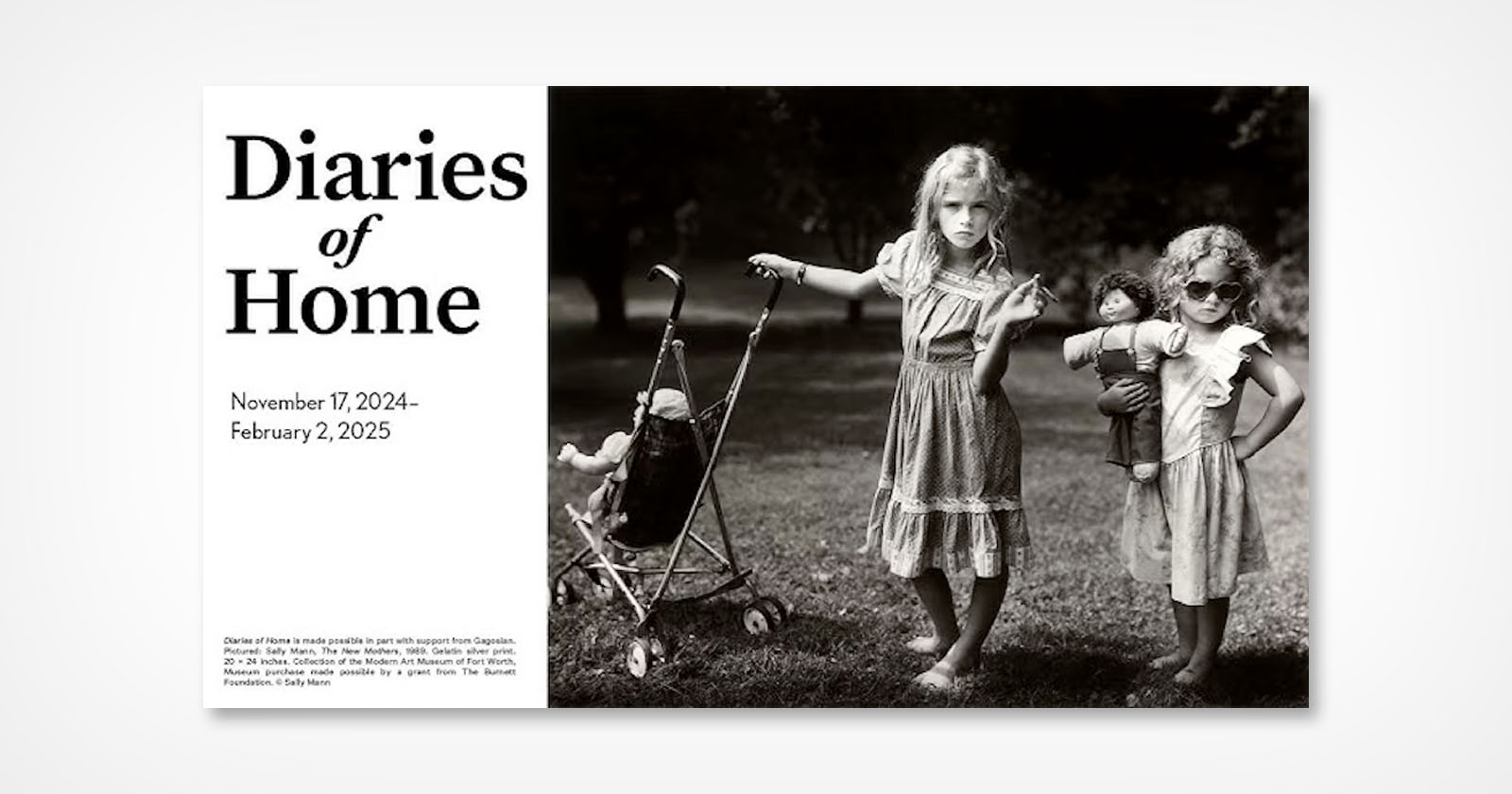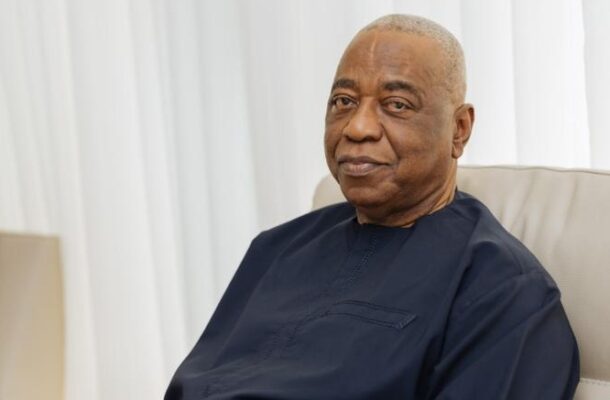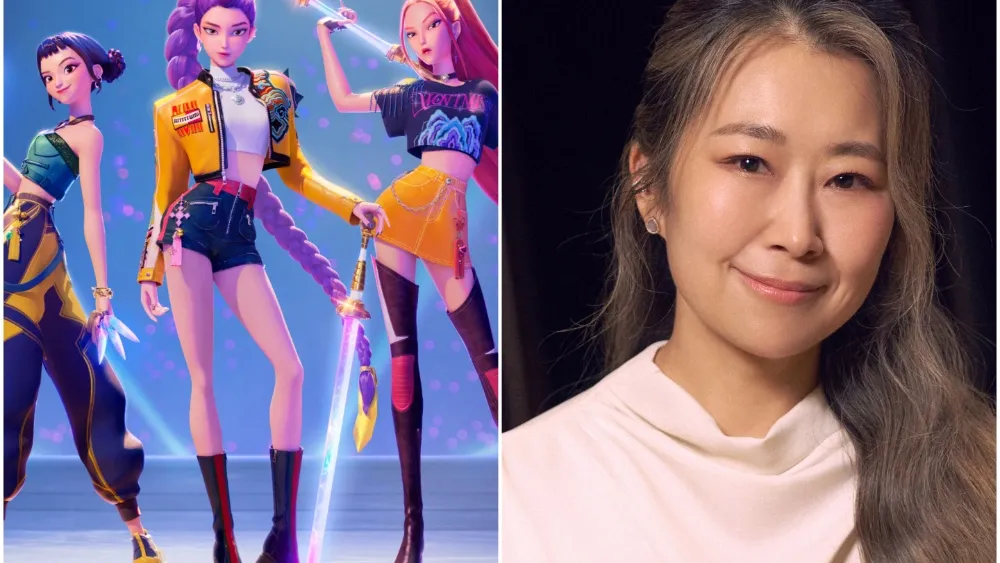
Controversial photographer Sally Mann has warned of “a new era of culture wars” and predicted further attacks on the arts.
Mann, who recently released a memoir titled Art Work: On the Creative Life, made the comments in a new interview with NPR. Earlier this year, several of her photographs were seized from the Modern Art Museum of Fort Worth in Texas after complaints that the work constituted child pornography.
Mann is one of the most prominent photographers of her generation. Her work often focuses on family, and she is best known for her intimate portraits of children, which have drawn both critical acclaim and public controversy.
In January, police in Fort Worth seized four of Mann’s photographs from the Modern Art Museum of Fort Worth. The Danbury Institute, a conservative Christian group, accused the museum of displaying child pornography and called for the photographs to be removed, with support from some local officials. A grand jury ultimately declined to bring charges against Mann or the museum. But the prints were removed for the remainder of the exhibition but were later returned to her gallery.
Reflecting on the incident, Mann described it as “awful” and “shocking,” pointing specifically to social media as one of the tools being used in these conflicts.
“We’re entering a new era of culture wars, I’m quite sure,” Mann tells NPR. “And I think the people who are pursuing this are much more sophisticated and have many more tools at hand.”
Mann predicts additional attacks on art by people who, as she put it, “don’t understand the art they’re vilifying but do understand it’s powerful.”
“Never mind that Jesus Christ is portrayed nude in countless historic paintings, and that little putti [chubby winged children] are depicted urinating in fountains across Italian gardens,” she says. “This idea of completely innocent child nudity being sexualized seems to be the trigger for them.”
Mann also cautions that law enforcement removing artwork from public institutions could have a “chilling” effect on other museums and artists, potentially discouraging them from displaying challenging or controversial works.



